עלעקטריק טראַק וויסן
Which is More Cost-Effective, Renting a New Energy Electric Freight Vehicle or Purchasing One?
אַרייַנגעשיקט אויף דורך עלעקטריק טראַקס
In the present era, various transportation demands are on the rise. New energy trucks have been attracting increasing attention, and many individuals are resorting to using them for hauling goods to generate income. Hence, the topic of the day pertains to whether one should lease or purchase a new energy truck. In reality, more than one rider has posed this very question: “Renting a vehicle for freight transportation doesn’t seem cost-effective. Should I buy a vehicle of my own to operate? Is it better to rent or make a direct purchase?” After a detailed exploration, it was discovered that this particular friend has a stable source of freight. Given that the previous vehicle was of a smaller size and he now requires a large new energy logistics vehicle, yet has limited funds at hand, this query emerged.
Which is more cost-effective, renting or purchasing a new energy freight vehicle? In truth, the determination can be analyzed from the following two key aspects:
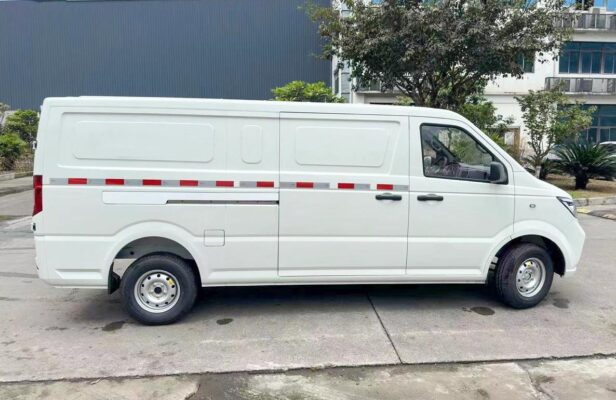
- Stability of the Freight Source
The source of goods can typically be categorized into three primary aspects. One involves receiving orders through platforms such as Huolala and Kuaigou Taxi. Another is establishing a connection with a company for a consistent supply of goods. The third is that after being engaged in the business for a certain period, one may acquire some private orders.
Some platforms have dedicated teams and offer rental vehicle contracts where they provide the source of goods, and you are obligated to prioritize accepting their orders. אין קאַנטראַסט, if you own your vehicle, your options for receiving orders are not restricted, and you have greater freedom and choice.
פֿאַר בייַשפּיל, if you rely on a platform for the freight source and are bound by their rental terms, you might have limited control over the types and destinations of the loads. אָבער, with your own vehicle, you can explore multiple platforms, negotiate directly with clients, or even establish long-term partnerships based on your preferences and market opportunities.
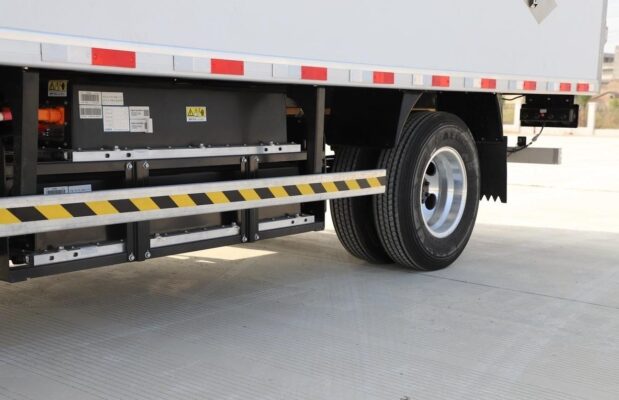
- Long-Term vs. Short-Term Use
Naturally, there are also some drivers who are drawn to the relatively low entry barriers associated with hauling goods using new energy trucks. As long as one possesses a driver’s license and a legal vehicle – not necessarily an operational truck – they can engage in freight transportation. If one merely wishes to give it a try, opting for short-term leasing can be a more cost-effective approach.
During the lease period, the majority of vehicles are typically available for long-term leasing, but there are also some options for short-term leasing, such as for a period of three months. This duration can serve as a practical trial period. If the experience proves successful and profitable, one can contemplate purchasing a vehicle through an installment payment model. If not, the option to switch industries remains viable.
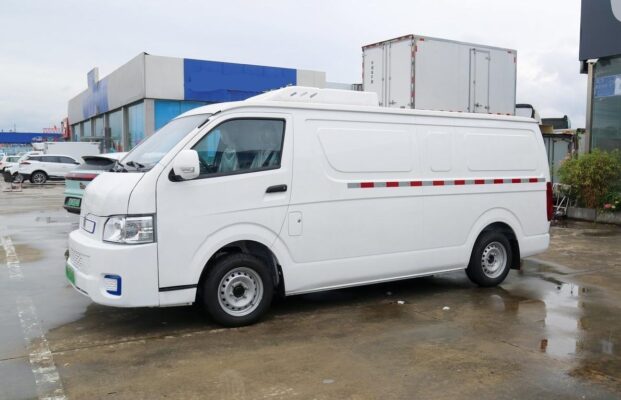
פֿאַר בייַשפּיל, during the short-term lease, one can assess various factors such as the actual demand for freight transportation in the local market, the reliability and performance of the vehicle, and one’s own ability and interest in handling the associated tasks and responsibilities. This trial period allows for a more informed decision regarding a potential long-term investment in vehicle ownership.
It’s important to note that the decision between renting and purchasing also depends on other factors. The initial financial outlay is a significant consideration. Purchasing a new energy freight vehicle often requires a substantial upfront investment, including the vehicle’s cost, insurance, registration fees, and potentially additional equipment or modifications. This can place a significant burden on one’s finances, especially if funds are limited.
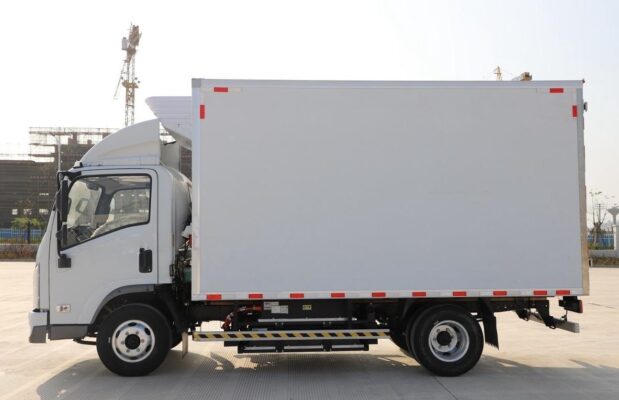
On the other hand, renting might involve lower initial costs but could result in higher cumulative expenses over an extended period, especially if the rental period is prolonged. Maintenance and repair responsibilities also differ. When renting, the leasing company typically handles most maintenance and repair issues, reducing the hassle and potential costs for the renter. אָבער, with vehicle ownership, these responsibilities fall squarely on the owner, which can add to the overall operating costs but also provides more control over the quality and timing of maintenance.
דערצו, resale value and depreciation should be factored in. New energy vehicles might have a different depreciation curve compared to traditional fuel vehicles, and this can impact the long-term cost when considering eventual resale. Tax implications and government incentives can also sway the decision. Some regions offer purchase subsidies or tax breaks for new energy vehicle owners, while rental agreements might not always benefit from such incentives.
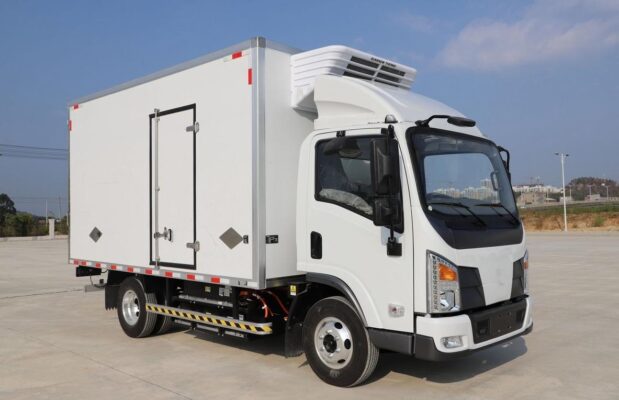
אין מסקנא, the choice between renting and purchasing a new energy electric freight vehicle depends on a combination of factors related to one’s specific circumstances, business plans, and risk tolerance. Careful analysis and consideration of these aspects are essential to make a cost-effective and sustainable decision. The above constitutes the discussion on “Which is more cost-effective, renting a new energy electric freight vehicle or purchasing one?” I sincerely hope it proves helpful to all. In case of any inquiries or concerns, please feel free to contact me at any time.
As the new energy vehicle market continues to evolve and mature, more refined and individualized solutions might emerge to better meet the diverse needs of users. Staying updated with industry trends and developments can provide valuable insights when making such critical decisions related to transportation and business operations.